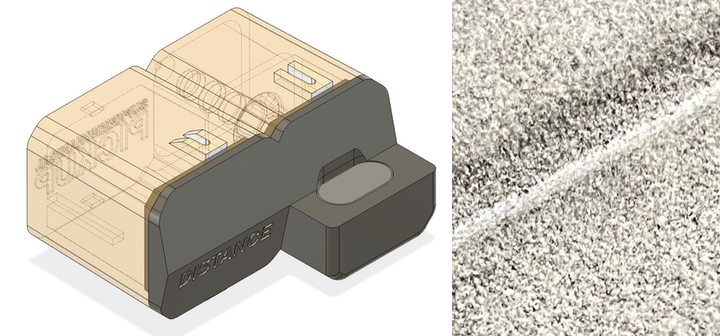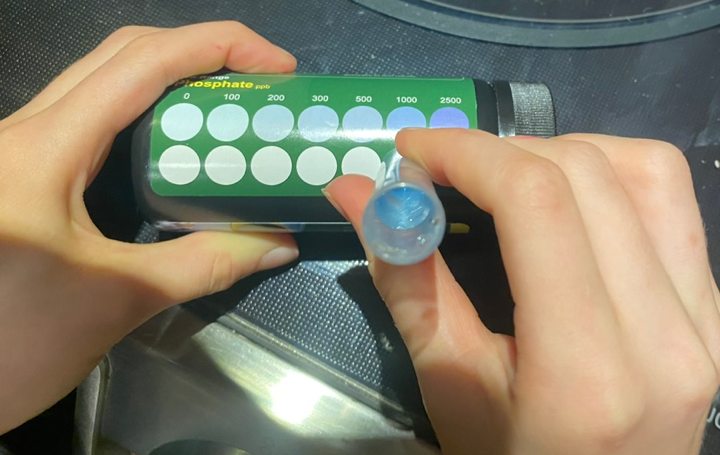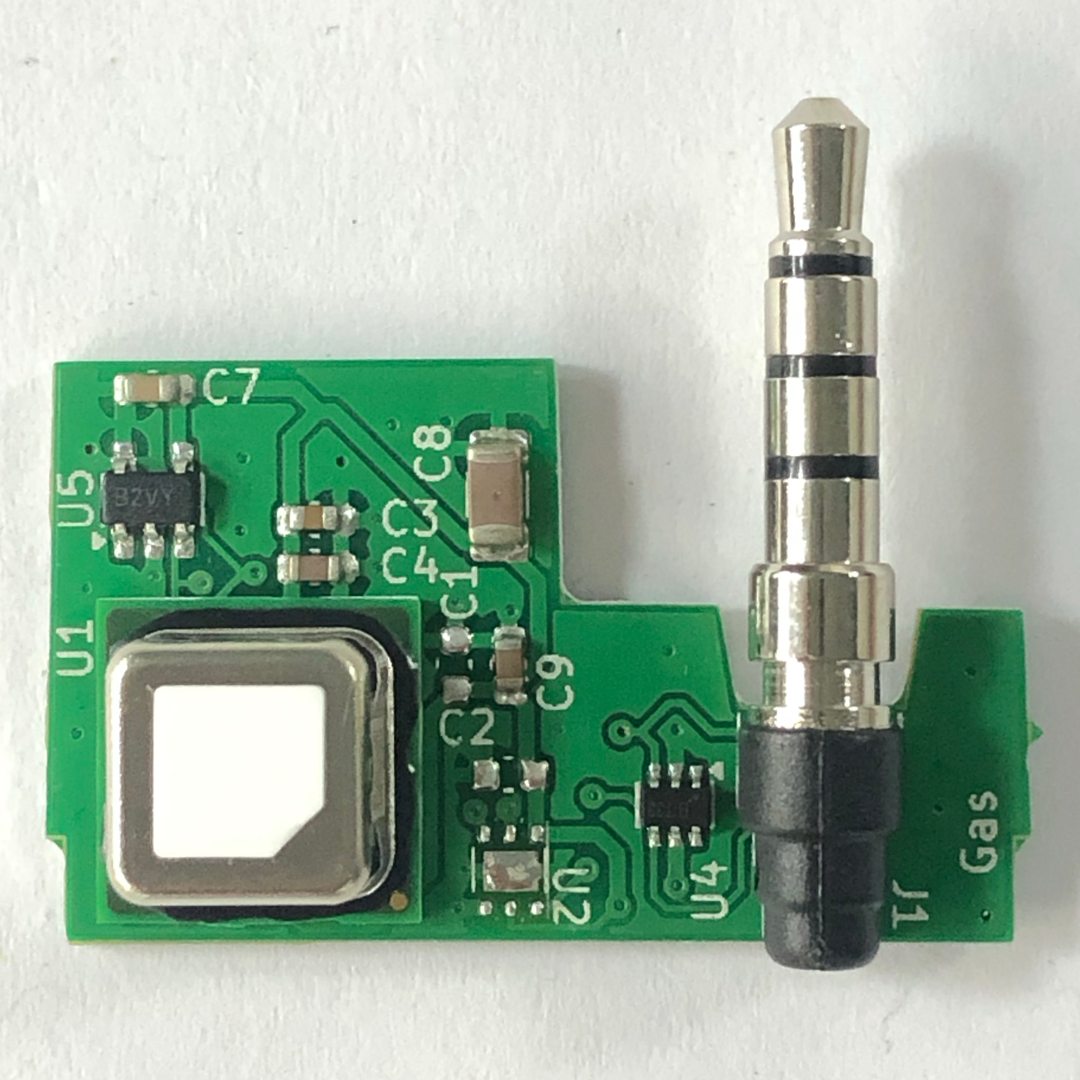Things are moving forward, slow but steady, which is about all you can ask for when sandwiched between Christmas and the Chinese New Year. We finally got a date for the first sample injection molded parts—January 27. Hey, that’s today! We’ll see.
Aside from exactly when those injection molded sample parts drop, production is shaping up for the next few months. We have the first boards and cases for all the sensor cartridges coming this week. Then it’ll be a fit check party, and if no adjustments are needed, we’ll be ready to order those in production quantities.
The cartridge cases share a common main body that’ll be injection molded, and each will have a different fascia depending on the sensor needs. The fascias are lower volume so we’re 3D printing these using an MJF process, which gives it a rugged textured look similar to a power tool or truck bed liner at smaller scale.

This is the theoretical promise of 3D printing—functional parts without tooling. MJF (or the more commonly known SLS), where particles are fused together with a binder, is the first 3D process where I feel that promise is met, though it wouldn’t be cost effective at higher volumes.
Making science accessible

My kids are avid science fair participants, and I’m excited for them to use Pickup to take readings and come up with new ideas for us. This year my daughter tested whether plants can be used to filter phosphates from gray water and runoff from agriculture. The answer is yes, but the only affordable testing solution requires you to discern between subtle shades of pale blue in treated samples.
The expensive sensors seem to be doing the same thing, using a reagent to change the color of the water, but with an optical sensor to quantify the change better. Anyone know of other solutions? Any particular science projects you want to try? Let’s hear it in the forum.
Reading list
Steve Denning wrote a great series of articles on Why Amazon Can’t Make A Kindle In the USA back in 2011. Most of it still applies.
Knowledge is power, and Public Lab, started by my friend Jeff 15 years ago, enables people to gain that power to measure and map their own world. It’s an amazing collaborative resource filled with inventive projects and inspiration for citizen scientists.
Crossposted from Pickup Kickstarter update #13
